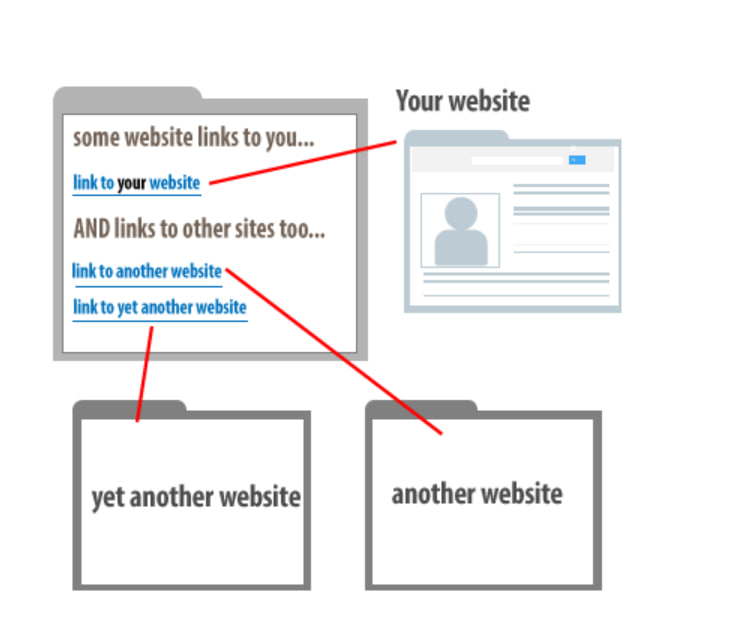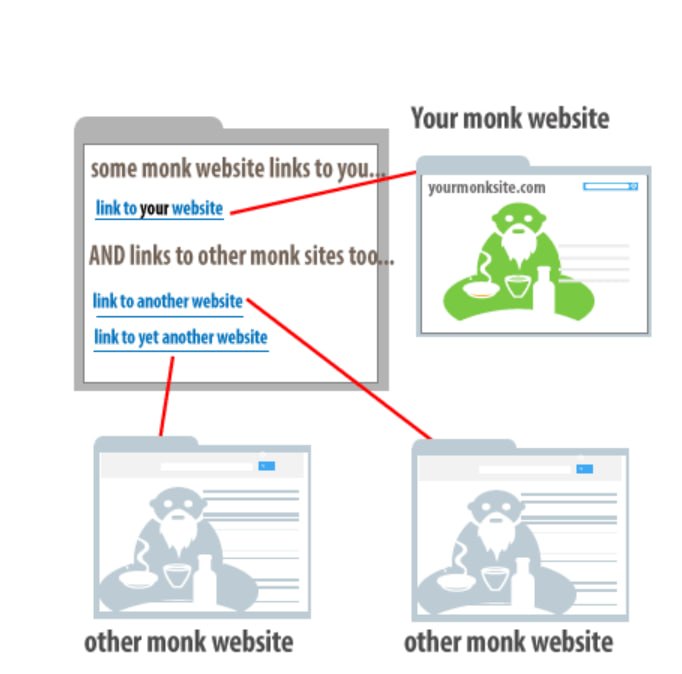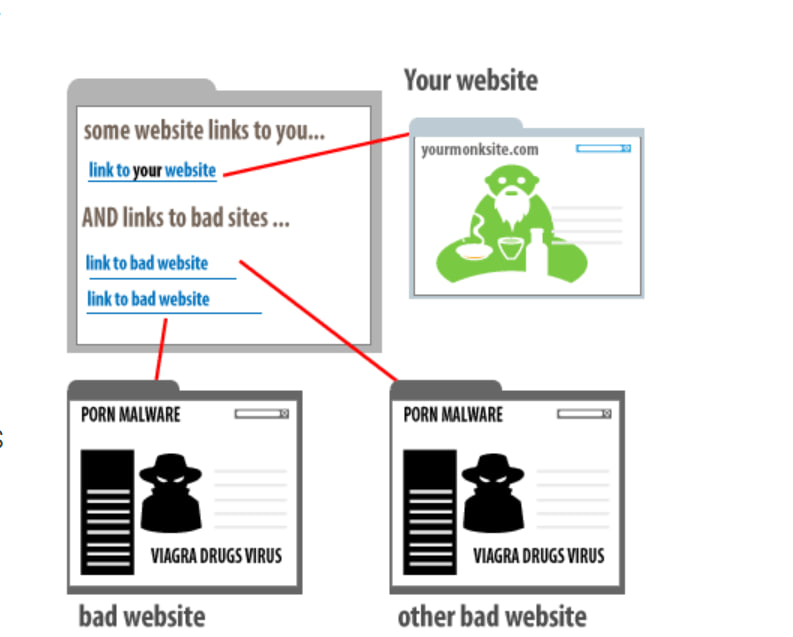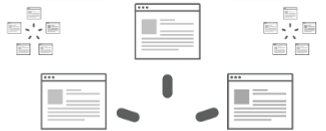Latest update: August 21, 2024
When every click and every link can affect your site’s position in Google, it’s important to remember that the ultimate goal is to serve people, not just algorithms. Participating in link schemes for short-term gain can backfire, affecting your site’s authority and ranking.
What are Link Schemes?
Link schemes involve manipulative tactics used to increase a site’s ranking or PageRank through artificial links. If your motivations for linking out or acquiring links are anything but pure—like recommending genuinely useful content to your visitors—you might be involved in a link scheme.
Are Link Schemes Harmful?
Yes, link schemes can severely damage your website’s reputation with Google. Engaging in practices meant to manipulate search rankings, rather than enhance user experience, can lead to penalties, including being removed from search results altogether.

Types of Link Schemes
- Buying or Selling Links: Transactions involving links that pass PageRank;
- Automated Programs: Using software to generate links to your site;
- Reciprocal Linking: Linking to a site only because they’ve agreed to link to yours;
- Article Marketing and Guest Posting: Overuse of keyword-rich anchor text in mass content distribution;
- Advertorials: Paid articles that include links passing PageRank;
- Optimized Anchor Text: Using optimized anchor text in distributed articles or press releases on other sites.
Avoid Link Schemes
To maintain your site’s integrity and ranking, it’s crucial to focus on creating links that are genuinely useful to your audience. Avoid strategies that aim to deceive both users and search engines. Linking should always be about adding value, providing relevant recommendations, and enhancing the web experience for users.
Good Practice:
Creating links to websites you genuinely recommend for your visitors.

Bad Practice:
Creating links designed to manipulate your site’s ranking or PageRank.
Remember, linking to or being associated with “bad neighborhoods” or spammy sites can negatively impact your ranking. It’s not just about who you link to, but also the quality and relevance of those links.

The Role of Link Building in SEO
- Necessity for Ranking: Link building is essential for improving search engine rankings, as search algorithms consider both the number and quality of links.
- Complexity and Risks: The process involves navigating Google’s strict guidelines against manipulative link schemes, highlighting the complexity and potential risks associated with improper link-building practices.
Detailed Understanding of Link Schemes
- Google’s Definition: Google explicitly defines link schemes as any links intended to manipulate a site’s PageRank or search rankings, which are considered violations of its Webmaster Guidelines.
- Practical Examples: The article describes various manipulative tactics considered as link schemes, including purchasing links, reciprocal linking, excessive link exchanges within managed domain networks, automated link building, and indiscriminate link spamming.
Strategies to Identify Link Schemes
- Evaluating Link Context and Content: Genuine link building should involve links that are contextually relevant and accompanied by quality content.
- Assessing Link Value: Links should offer intrinsic value to readers, enhancing the information or experience provided by the content.
- Domain Diversity and Authority: A legitimate link-building service will utilize a broad array of domains with varying degrees of authority to ensure natural and beneficial link growth.
- Cost Reflection on Quality: The cost of link-building services can reflect the effort and quality invested, with lower costs potentially indicating lower effort and higher risk of engaging in link schemes.
Conclusion
Staying clear of link schemes is not just about adhering to Google’s guidelines—it’s about committing to creating a better, more trustworthy web for everyone. Building a website should be focused on delivering value to users, with each link serving to the quality and relevance of your content. Let’s prioritize ethical SEO practices and ensure our web environment is fruitful and fair.


